The U.S. Food and Drug Administration has signed on to a six-month project with a technology firm, as well as drug companies and hospitals, to study the value of data captured from UHF RFID-tagged injectable drugs as they move from the point of manufacture to a patient.
Jul 30, 2019—
The U.S. Food and Drug Administration (FDA) plans to launch a pilot in August 2019, managed by a group of technology, drug and health-care companies, to measure the effectiveness of using RFID technology to improve drug traceability and verification in the supply chain. Pharmaceutical traceability technology firm Kit Check recommended the pilot to the FDA and is providing the testing of UHF RFID tag reads, as well as related data, in partnership with the Hackensack University Medical Center, Coral Gables Hospital, Nephron Pharmaceuticals and Novartis.
The six-month pilot will test an alternative technology for meeting the requirements of the FDA’s Drug Supply Chain Security Act (DSCSA)—namely, RFID—with UHF tags applied to the packaging of drugs, which are read as they move through the supply chain and are compared against traditional 2D barcodes. The pilot will leverage both the 2D barcode monitoring technology commonly in use, as well as RFID, so both methods can be evaluated, compared and analyzed. The goal is to identify whether RFID could provide use cases for greater drug supply chain visibility, according to Kevin MacDonald, Kit Check’s CEO and co-founder.
More…
Source: FDA RFID Drug Pilot Planned This Summer – 2019-07-30 – Page 1 – RFID Journal
